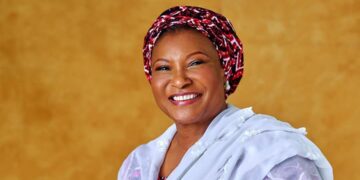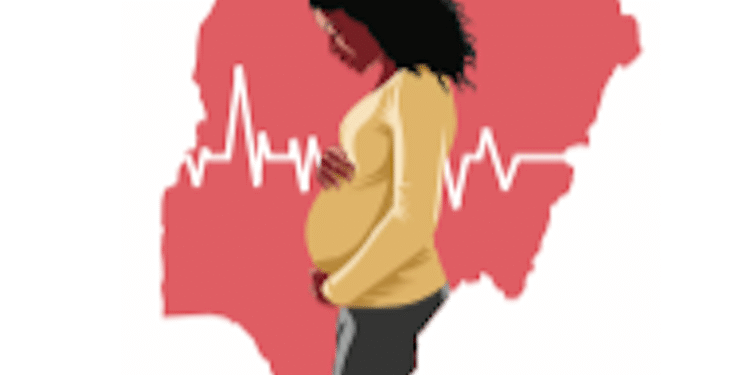The Nigeria Solidarity Support Fund has warned that Nigeria risks deepening its maternal health crisis if urgent reforms and stronger financial commitments are not made to expand access to health insurance for women, especially those in underserved communities.
Speaking after the 7th edition of the NSSF Fireside Chat Series held on Wednesday in Abuja, the Managing Director and CEO of NSSF, Dr. Fejiro Chinye-Nwoko, said the stakes could not be higher, with thousands of women dying every year from preventable causes.
“Nigeria’s maternal mortality rate remains unacceptably high, with over 1,000 deaths per 100,000 live births. This cannot continue,” Chinye-Nwoko said, according to a press statement on Thursday.
We are here to ask the hard questions: how can we ensure that when a woman needs care, she can access it without money in her pocket and without delay? That’s what health insurance is meant to do, and it must be inclusive and accessible.”
The statement by NSSF’s Head of Marketing & Communications, Esther Anolu, noted that Chinye-Nwoko stressed that while tools, data, and partnerships exist to tackle the crisis, action has lagged behind the urgency of the situation.
“We know from our work in the field that women are not just uninformed — they’re unregistered, unempowered, and underserved. Awareness is low. Access is difficult. But we have the tools, the data, and the partnerships to change that. What we need now is policy implementation and financial commitment that match the urgency of this crisis,” she added.
The Fireside Chat, themed “Breaking Barriers to Maternal Health Equity: The Role of Health Insurance in Promoting Women’s Wellness,” brought together key players from government, development agencies, donors, and the healthcare sector to chart a path toward sustainable maternal health solutions.
One of the most pressing concerns raised during the event was the question, “Who pays for the health of the poor?” which triggered robust dialogue around sustainable financing. Participants agreed that without strong government-subsidised health coverage, millions of Nigerian women would remain at risk, unable to afford life-saving care when needed.
A Senior Officer at the Bill & Melinda Gates Foundation, Dr. Mojisola Odeku, emphasised the importance of leveraging donor support in conjunction with government funding to increase women’s access to essential health services.
Also speaking at the event, representing the Director-General of the National Health Insurance Authority, Professor Chima Onoka, highlighted efforts being made to digitise insurance enrollment and broaden coverage. He noted that innovative strategies are being deployed to remove barriers that prevent women from registering.
On her part, Director and Head of the Family Health Department at the Federal Ministry of Health, Dr. Binyerem Ukaire, highlighted existing national interventions, such as free emergency cesarean sections and treatment for Vesico-Vaginal Fistula, which are available across over 20 states. However, she acknowledged that funding gaps remain a significant challenge.
The conversation also emphasised prevention as a critical and cost-saving strategy. Panellists agreed that scaling up preventive services, including health screenings, mental health support, and access to contraception, would not only save lives but also lower long-term healthcare costs for the country.
NSSF also shared insights from its grassroots programmes, including the WeNaija Impact Cohort and field activities in Ekiti State, revealing persistent barriers such as misinformation, affordability issues, and distrust of health systems.
As a next step, NSSF said it would develop targeted policy briefs capturing key insights from the Fireside Chat to present actionable recommendations to government bodies, health institutions, and civil society.



































